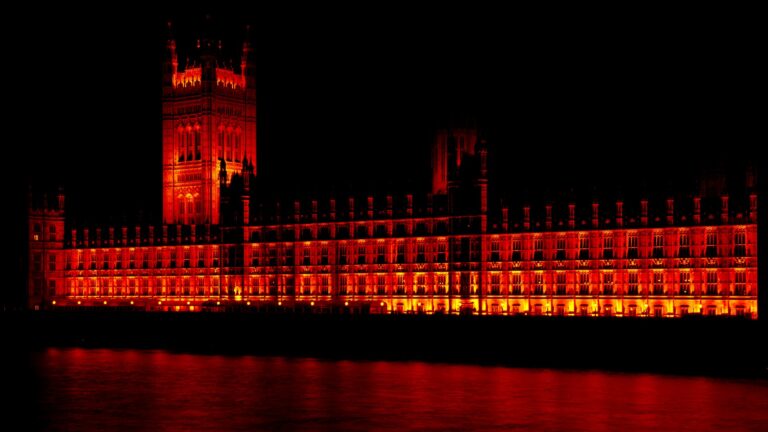


Stories told by politicians, spread by the media. Some are opinions stated as facts. Some are lies. They crop up everywhere.
Here is a masterclass in myth making.
The myth, ‘Brexit helped save lives’, the maker, de Pfeffel Johnson.
In a Talk TV interview, the former British prime minister claims Brexit sped up the approval of the COVID vaccine. Selling the myth “…it’s literally true that Brexit helped save lives…”
The creation of this myth began with Matt Hancock, former health secretary, spreading the myth. Then Jacob Rees Mogg, former leader of the house of commons, spreads the myth. Finally, Nadine Dorries, former health minister, spreads the myth.
But a quick google search shows Full fact, channel 4, The Guardian, The Institute for government, the BBC, and the Independent all stating Brexit did not make vaccine approval quicker. In fact, the independent article includes Dr June Raine, the chief executive of the MHRA, the UK’s medicine regulator, the person in charge of vaccine authorisation, stating the vaccine supply was authorised using European law.
Of course, this is why people don’t trust politicians.
Repeat a lie often enough, it becomes the truth
It’s one thing to paint something in a favourable light, it’s quite another to lie about it. And what’s worse, research has shown, that constant repetition of anything, lie or not, leads us to be more likely to believe something to be true.
Allowing lying in the media to go unchallenged corrupts the public sphere, and it sets a dangerous precedent that dishonesty pays. In the Talk TV interview, we hear de Pfeffel Johnson knowingly lying about Brexit, and his interviewer knowingly allowing the lie.
Subsequently it gets worse. De Pfeffel Johnson not content with a myth supporting Brexit, now it must also support him. In this latest interview on LBC, he claims “…because of the particular model of Brexit that I had fought for we had the freedom to vaccinate faster than anybody else and that saved lives…it’s now at the heart of the story…” In fact, it’s at the heart of his lie.
Our country’s public officeholders are meant to uphold the principles of public life (detailed below). We need to do a much better job of holding people to account for what they say. And holding the media to account for letting them say it. Without challenging these stories, these myths become truths, and we are all worse off because of it.
Links to some popular myths are at the bottom of the post.
- Selflessness: Holders of public office should act solely in terms of the public interest.
- Integrity: Holders of public office must avoid placing themselves under any obligation to people or organisations that might try inappropriately to influence them in their work. They should not act or take decisions in order to gain financial or other material benefits for themselves, their family, or their friends. They must declare and resolve any interests and relationships.
- Objectivity: Holders of public office must act and take decisions impartially, fairly and on merit, using the best evidence and without discrimination or bias.
- Accountability: Holders of public office are accountable to the public for their decisions and actions and must submit themselves to the scrutiny necessary to ensure this.
- Openness: Holders of public office should act and take decisions in an open and transparent manner. Information should not be withheld from the public unless there are clear and lawful reasons for so doing.
- Honesty: Holders of public office should be truthful.
- Leadership: Holders of public office should exhibit these principles in their own behaviour and treat others with respect. They should actively promote and robustly support the principles and challenge poor behaviour wherever it occurs.
These principles apply to anyone who works as a public officeholder. Including all those who are elected or appointed to public office, nationally and locally, and all people appointed to work in the Civil Service, local government, the police, courts and probation services, non-departmental public bodies (NDPBs), and in the health, education, social and care services. All public office-holders are both servants of the public and stewards of public resources. The principles also apply to all those in other sectors delivering public services.




